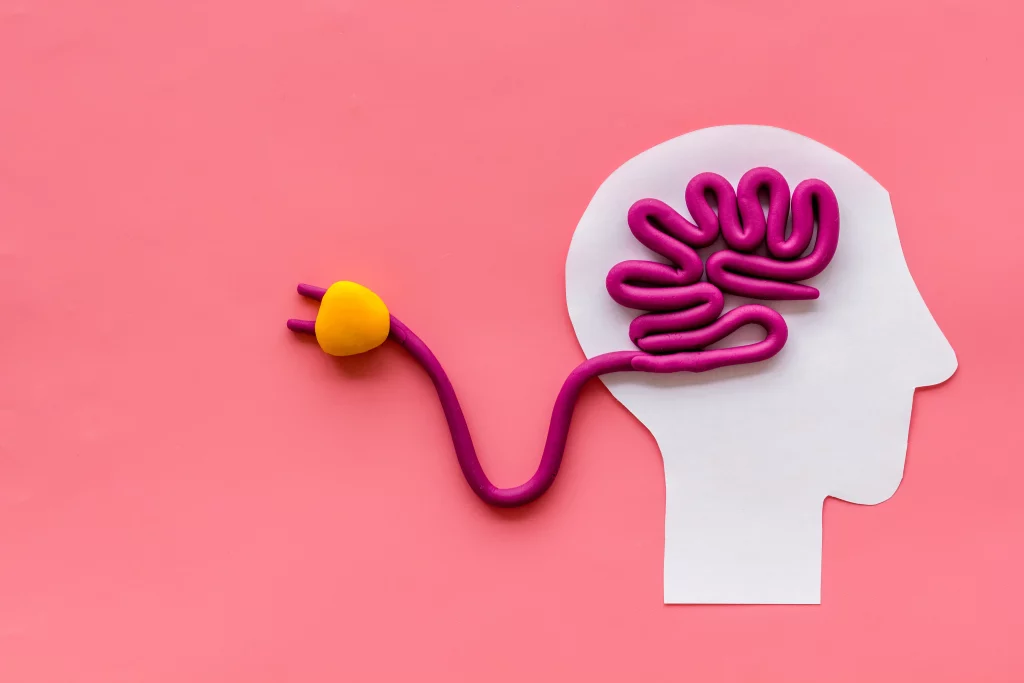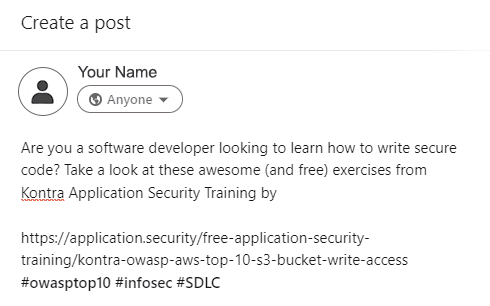Welcome to the year of recharging! As we come out of the pandemic, many of us are looking for ways to recharge and rejuvenate. This can be a time of great opportunity for growth and self-discovery. We know how important it is for employees’ health and well being to take time away from work to rest and recharge, so on top of 4 weeks of PTO front loaded from date of hire, ThriveDX offers employees 10 holidays annually, numerous paid leave policies, as well as 1 Recharge Day and 1 floating holiday per year to use at the employee’s discretion.
Rest and recharge days can also be a time of great challenge if we’re not prepared. In this article, we will explore how to make the most of recharge days. We’ll discuss ways to avoid burnout and share some fun, new activities to try!
How to truly use your recharge days
We all know the importance of taking time to recharge, but what does that actually look like? For some of us, it may mean taking a day off from work to relax at home. Others may choose to travel or take up a new hobby. Whatever you do, make sure it is something that brings you joy.
Ways to avoid burnout
As we are in the third calendar year of the pandemic, there may not be a new normal. Burnout is no longer a surprise but a given. Between work and family/pet responsibilities, schedule a daily time to have a break.
If a walk relaxes you, go solo or bring your two- and four-legged family members with you. Download a meditation app or simply sit in a quiet space. Pay attention to how much time you can spend alone and be consistent with it every day.
Carve out more time for yourself on the weekend and power down your screens. Be open to new activities you may not have thought of before, like:
- Taking up a new hobby like yoga or meditation
- Exploring a new local city, state or country
- Start a garden or buy a new plant (see: benefits of houseplants)
- Take up hiking or biking
Get higher quality sleep to improve your health
We spend a third of our lives asleep. Even losing an hour of sleep can result in crankiness and brain fog. Just think of how horrible you feel after the time changes.
Sleep is one of the most important things for our health, yet many of us struggle to get enough quality shut-eye. Most of us need around eight hours. But sleep can be so elusive for those who use devices before bed, as the blue light can interfere with our circadian rhythms.
If you’re looking to improve your sleep quality, here are a few tips:
- Establish a regular/consistent sleep schedule
- Create a relaxing bedtime routine
- Avoid caffeine, tobacco and alcohol before bed
- Keep your bedroom dark, quiet and cool
Exercise is a mood booster
Sitting is the new smoking. Research has linked sitting for long periods of time with obesity, increased blood pressure, high blood sugar, a thickened middle and abnormal cholesterol levels.
One million people found that 60 to 75 minutes of moderately intense physical activity a day countered the effects of too much sitting. Here are some other alternatives to get you moving:
- Get up and move around at least every 30 minutes
- Stand while talking on the phone, attending meetings or watching television
- Check out a standing desk
- Use counters for meetings or to work
- Walk over to colleagues’ desks when possible
- Buy a treadmill and create a work surface for your work equipment
Boost productivity for increased recreational time
Although we all have the same 24 hours a day, we don’t always have the same level of support. Try out the tips below to get more done during the day so you can unwind at night.
- Set your alarm a bit earlier each day until you get some quality ‘me time’ before the day starts.
- Begin each Monday by writing down realistic goals for the week.
- Break down big tasks into a series of smaller ones.
- Schedule breaks to do what you love.
- Use artificial intelligence to do research and perform repetitive tasks.
- Track your success in a journal.
Techniques to stop stress eating
Stress eating is pure biology. When stress hits, cortisol levels naturally increase. Our need for comfort skyrockets. Stress eating is a destructive way to get that comfort. Not reaching for snacks is a hard habit to break.
Start by teaching your brain to look for comfort somewhere besides food. This takes effort and commitment to go through the process, but you can change that reaction in time.
Find things to do when you feel stressed that will also provide comfort. Drinking black tea has proven to lower cortisol levels and reduce the feeling of stress. You can give yourself a hand or foot massage, too. Look for new sources of comfort and stick to them whenever you realize you’re about to stress eat.
Tweak your current diet by:
– Eating plenty of fruits, vegetables and whole grains
– Limiting your intake of processed foods, saturated fats and sugar
– Getting at least 30 minutes of exercise each day
– Drinking plenty of water and limiting your alcohol consumption
– Making sure to get enough sleep every night
There are a few foods that can help you reduce stress levels. Here are just a few examples:
- Salmon — Rich in omega-three fatty acids, which have been shown to reduce stress and anxiety.
- Blueberries — Contain antioxidants that can help protect your body against the harmful effects of stress.
- Yogurt — Can help improve your gut health, which is linked to reduced stress levels.
- Dark chocolate — Contains cocoa flavonoids, which have been shown to decrease stress hormones in the body.
Stress is a normal part of life. Managing it can be a superpower. What are some of the little things you do that help you recharge?


